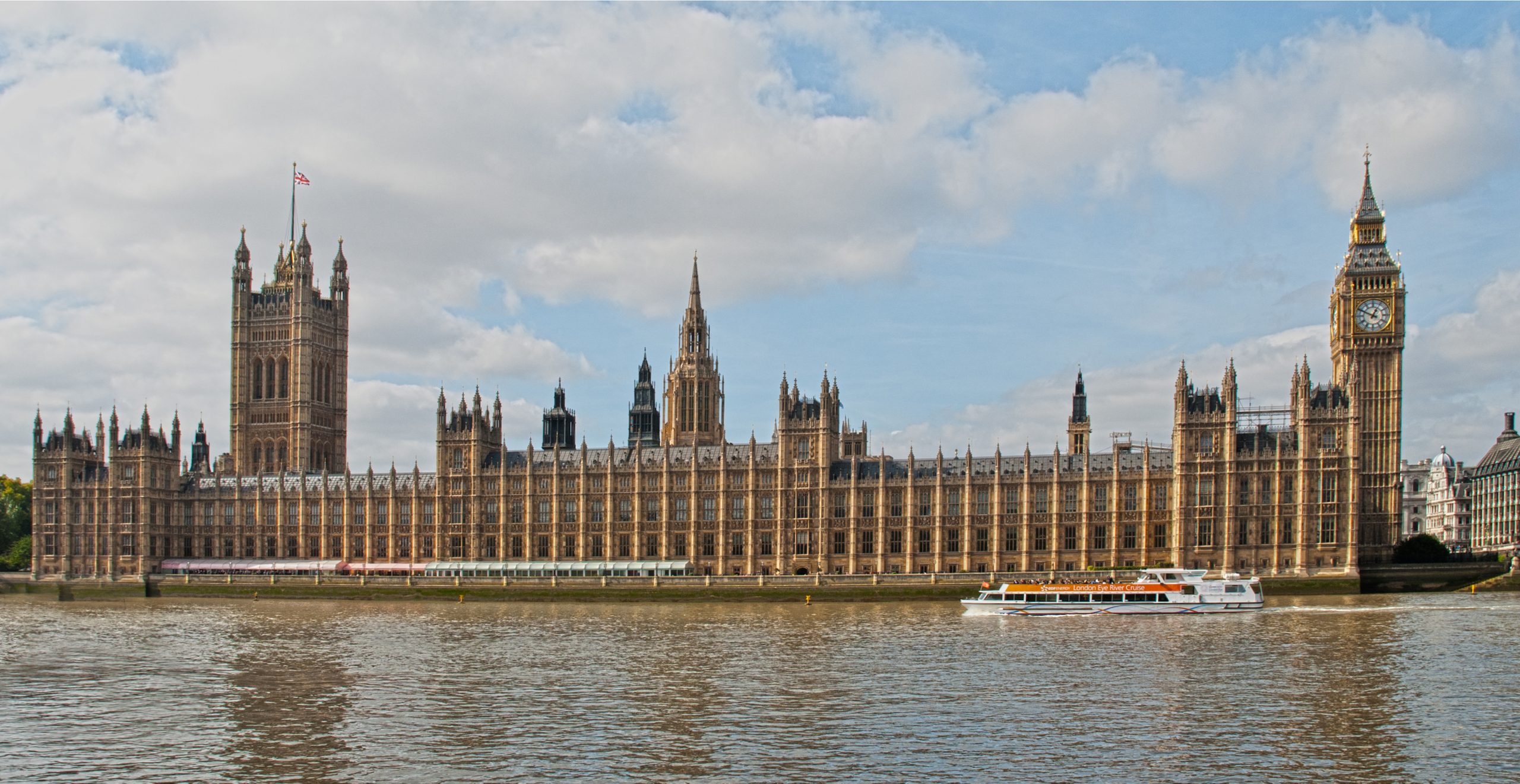The dust from the local elections has settled – several weeks ago, if I am honest. But after all the joy of watching the people who outsource refuse services get voted out, I am concerned. People have misread the tea leaves this pothole-obsessed campaign gave us. They seem to think it was a shot in the arm for Labour and a shot in the face for the Tories. And it was those things – sort of.
But more importantly, it showed that so much assumed about politics for the last four years has been wrong. That assumption – held by many politicians and a lot of their hangers-on – is based around Boris. Just look at the ridiculously out-of-touch Conservative Democratic Organisation.
People seem to think that when he became PM, his charisma, ideas, and Brexit blathering fashioned him into some kind of working-class vote magnet, and that he won the 2019 contest in spite of the progressive establishment.
This has always been horribly incorrect, but these local elections should be the clincher. Starmer, Sunak, and all those Tories play-acting as Americans at the NatCon Conference need to realise is that only the Tories need the establishment vote – not Labour – and Boris won it in 2019.
In the North East the Conservatives gained only 4 per cent, but won seven new seats because Labour shed nearly a quarter of their vote. It should be noted that Theresa May had gained a much larger 9 per cent there in a campaign that saw her popularity plunge by 40 points in two weeks.
In leafy ‘blob’-friendly Surrey, however, Boris won 54 per cent of the vote – barely less than David Cameron, now considered by Tories to be a passé metro-liberal – and kept all 11 seats. Remember, Johnson’s manifesto emphasised no new taxes, little new spending, and green liberalism, traditional establishment fare. He had to hold up Cameron’s base to win.
The local elections prove that the parties’ strategies to win in 2024 are dire because they ignore this basic truth that the Tories need the liberal establishment, and Labour do not – they just need to stop shedding votes.
Look at the map. The Conservatives lost their heartland councils to the Lib Dems in Surrey, Hampshire, Berkshire, and so on. Labour won pit stops on the road to victory like Swindon and Plymouth, but it did not sweep the West Midlands nor parts of the North as it needed to. It only reached 35 per cent in the BBC projection.
By ineffectually trying to appeal to socially conservative former Labour voters – who the data shows pop up in ex-industrial Midlands towns and economically deprived parts of the North – whilst ignoring their base of wealthy Southern liberals and Northern farmers, the Conservatives nosedived. These abysmal local results make clear they need to get the real story of 2019 straight before the stakes are raised.
Ditto with Labour. If Sir Keir wants to represent the ‘working people’ he keeps droning on about and the bits of Britain he castigates the Tories for failing to level up, he needs to study closely those social issues that this ex-core of Labour support cares about and act accordingly. He has shown some signs of this recently, so maybe even Labour leaders can learn new tricks.
He could even keep some of the liberalism and drape over it a big tarpaulin of ideas to improve the NHS and the welfare system – after all, those same voters live in deprived areas feeling the brunt of Britain’s economic decline. Then they can mop up far more of their support than in these elections, vital for his majority next year.
This will not cause a crisis in Labour’s seats dominated by students or central Londoners. There aren’t anywhere near as many of these as students and central Londoners like to think – maybe only 20. They may turn Lib Dem when annoyed by a more conservative Labour Party, but I say let them do it. This actually happened in the mid-2000s to no effect – and would those rebadged MPs really vote against a Labour government anyway?
So, then, my hot take is that Rishi needs to praise London lawyers and electric cars, and Sir Keir Starmer needs to talk tough on criminals – otherwise, 2023’s local votes suggest both are destined for disappointment come 2024.
Or, you know, we could abolish councils altogether, so we don’t have to bother with this miserable real-life polling exercise. The best takeaway might be that constant elections to myriad authorities have driven us to a situation where one in every six of them might run out of cash.

